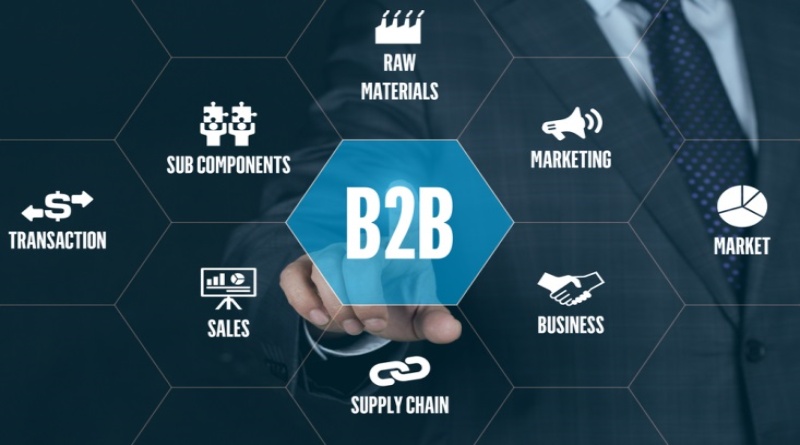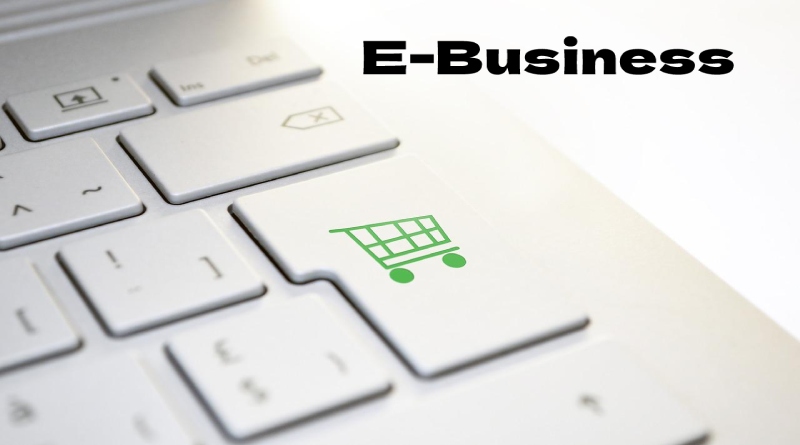Table of Contents
What Is The Definition Of E-Business?
E-business is an English word for conducting business over the internet. Another way, a company must complete all operations digitally via the internet to classify as an e-business. It appears to be challenging to achieve. However, you employ several of these techniques.
Netflix exemplifies E-commerce. Everything is done online, from the user’s first engagement with the organization to payment and relationship management to solution delivery. Search engines like Google and Bing will consider e-business even if they don’t have any commercial transactions.
E-business Characteristics
Even after discussing what business is and what it is for, some people may have reservations about this company model. That’s why we’ve outlined some of the most critical aspects of e-business so you can see how it benefits your company.
- Customer service agility enables the flexibility of online operations.
- Cost reductions will achieve through physical infrastructure savings, increased agility in work processes, and assertiveness in results.
- According to the e-business modality, a business offers the ability to reach various audience profiles over the internet.
- Technology becomes the heart of the operation – rather than just a supporting role – and works in tandem with the company’s goals.
- Digital systems enable information interchange across the firm, allowing collaboration at all workflow stages. And also search Apple AirTag
Types of E-businesses
An e-business has various options for action because it works digitally and online. The primary sorts of existing electronic businesses will detailed below.
B2C
When it comes to commercial connections, one of the most frequent models is the company to the consumer. It occurs when a business provides a product or service to a consumer. Virtual shops are a famous example of this paradigm.
B2B – E-Business

A business-to-business connection is one between two firms. It may happen in e-business through platforms for partner communication or even through online purchases of items and services.
B2E (business to employee) can notice communication channels between corporations and their workers. The intranet is a famous example of an internal system that contains various critical information for employees.
Also Read: What is Sustainable Marketing – Definition, Aim, Advantages, And More
B2G
The enterprise has specialized channels to communicate with one of the governmental powers in the business to government paradigm, such as municipal bids.
C2B
In consumer-to-business partnerships, the converse happens: the client uses a firm platform to submit a request. A simple example is the forms on the company’s website.
E2B
The same is true for employee-to-business relationships. Rather than being a transaction between the corporation and the employees, the demand will make the employee. The platform will most likely be the same.
E-Business Examples

In various fields, e-business businesses are gaining a more significant market proportion. You’ll find some instances of electronic companies that you’ve probably heard of or utilized below.And also search Remote Workforce
The most well-known example of e-business is Google. All of its activities are entirely digital, with no actual units of service provided to the end user.
Google offers several business applications in addition to its well-known search engine, including email, conference rooms, calendars, and file sharing.
Streaming
Another ongoing e-business strategy is streaming platforms like Netflix and Amazon Prime. The complete subscription, service, cancellation, payment, and even product consumption are all made online.
E-Business Advantages
Because e-commerce is a subset of and a form of e-business, it may extend its benefits to other digital ventures.
A facility makes procedures speedier and more realistic from a logistical standpoint. For example, consider client communication, which should also do via a digital marketing channel such as email or social media. Another advantage of e-commerce is the quick and customized customer service, which may extend beyond conventional store hours.
When you run an e-business, you create a stream of data on your company’s success. Moreover, it is advantageous since it allows several methods to assess customer behavior and operational performance.
Evolution is usually quick and successful since it is easier to make adjustments as needed to enhance results than it is in an offline firm.
The Role Of Electronic Commerce
The essential goal of electronic commerce is to deliver “electronic” added value, which will commonly distinguish between the following types of added value:
The structure: an online offer gives you a quick overview of a lot of data.
The choice: the online offer requests specific information from the database.
The matching: an online offer allows buyers to connect with suitable vendors more quickly.
The deal: the internet deal creates a more efficient business.
Coordination: The online offering enables different service providers to integrate their offerings better.
Communication: The internet service facilitates communication among consumers.
Conclusion
Companies choose one or more operations to accomplish the value or added values they want to endow the business with, such as assembling, structuring, pre-selecting, summarising, or splitting the information, depending on the weight or added values they want to endow the company with. The goal is to create a product based on information that provides added value in this digital world so that clients are ready to pay for it. A website, a blog, a price comparison portal, an ebook, or a software program can all be examples of information products.
